As businesses grow and expand, their technology needs become more complex. Managing a tech stack can be challenging with so many different software applications, databases, and other tools. More efficient, siloed systems can lead to data consistency, errors, and delays. This is where integration services come in. By connecting different systems and applications, integration services can streamline a business'sbusiness's tech stack, improve data accuracy, and increase efficiency. Let's dive into what integration services are, the benefits of having Integration Consultants, how to choose the right provider, and best practices for implementation and management.
Understanding Integration Services
Integration services are designed to connect different systems, applications, and platforms, enabling them to communicate and work together seamlessly. Data can be shared and transferred between systems without manual intervention or duplicate data entry.
- Integration services connect different systems, applications, and platforms for seamless communication.
- Types of integration services include API integrations, platform integrations, and data integrations.
- Benefits of integration services include improved data accuracy and consistency, increased efficiency and productivity, reduced costs and faster time to market, and better customer experiences.
- Choosing the right integration service provider involves considering specific integration needs, provider experience and expertise, pricing, and support offerings.
- Implementing and managing integration services requires regular testing, monitoring, and troubleshooting to address common challenges such as data mapping, security, and system compatibility.
By understanding the different types of integration services available and choosing the right provider, businesses can achieve a more seamless and integrated tech stack that enables them to work more effectively and serve their customers better.
Integrating your tech stack with seamless integration services can provide numerous benefits for your business. Some of the key benefits include:
- Improved Data Accuracy & Consistency: Integration services can help ensure that data is consistent across your various systems and platforms, reducing errors and improving the quality of your data.
- Increased Efficiency & Productivity: Integration services can automate data transfer between systems, reducing the need for manual data entry and allowing employees to focus on more high-value tasks.
- Reduced Costs And Faster Time To Market: Integrating your tech stack can help streamline your business processes, reducing the time and resources needed to perform certain tasks and helping you get your products and services to market faster.
- Better Customer Experiences: Integration services can help you provide a more seamless and personalized experience for your customers by ensuring that customer data is consistent across all touchpoints and allowing you to provide more targeted and relevant communications.
In addition to these benefits, integration services can help you stay competitive in today'stoday's fast-paced digital landscape by enabling you to leverage the latest technologies and tools to drive innovation and growth.
Choosing the Right Integration Service Provider
Choosing the right integration service provider is crucial to ensure your tech stack is effectively streamlined. Here are some factors to consider when selecting an integration service provider:
- Expertise: Look for a provider with extensive experience with the types of integrations you need.
- Customization: Consider whether the provider can customize their solutions to your business needs.
- Scalability: Ensure the provider can accommodate your current and future integration needs as your business grows.
- Security: Look for a provider that prioritizes data security and has robust measures to protect your data.
When choosing an integration service provider, it's important to ask about their experience with similar integrations, their process for handling custom integrations, their approach to ensuring data security and privacy, and their support and maintenance offerings. Additionally, it's important to understand the provider'sprovider's pricing structure and any potential additional fees.
Implementation and Management of Integration Services
To successfully implement and manage integration services, developing a clear integration strategy and roadmap is important; testing and validating integrations before deploying them and monitoring and maintaining integrations over time are important. The plan to address common integration challenges, such as data security, performance, and compatibility problems, is also important. By following these best practices and tips, businesses can ensure seamless integration services that streamline their tech stack, increase efficiency and productivity, and provide better customer experiences.
Conclusion
Integrations Development Companies offer businesses a powerful solution for optimizing their tech stack and streamlining operations by seamlessly connecting applications and data sources. This results in improved data accuracy, increased efficiency and productivity, reduced costs, and better customer experiences. Choosing the right provider and effectively implementing and managing integration services is key to maximizing their benefits and staying ahead of the competition.









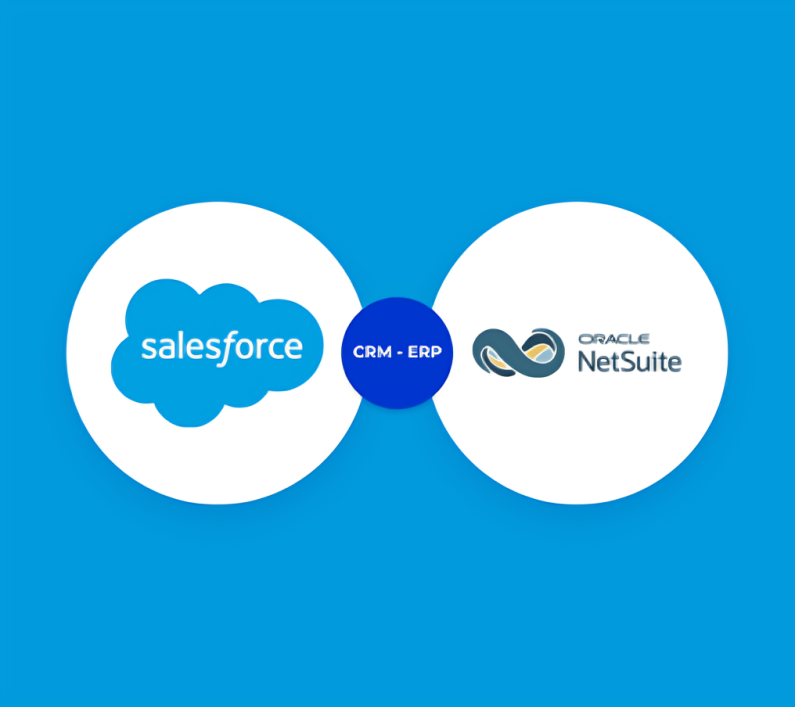
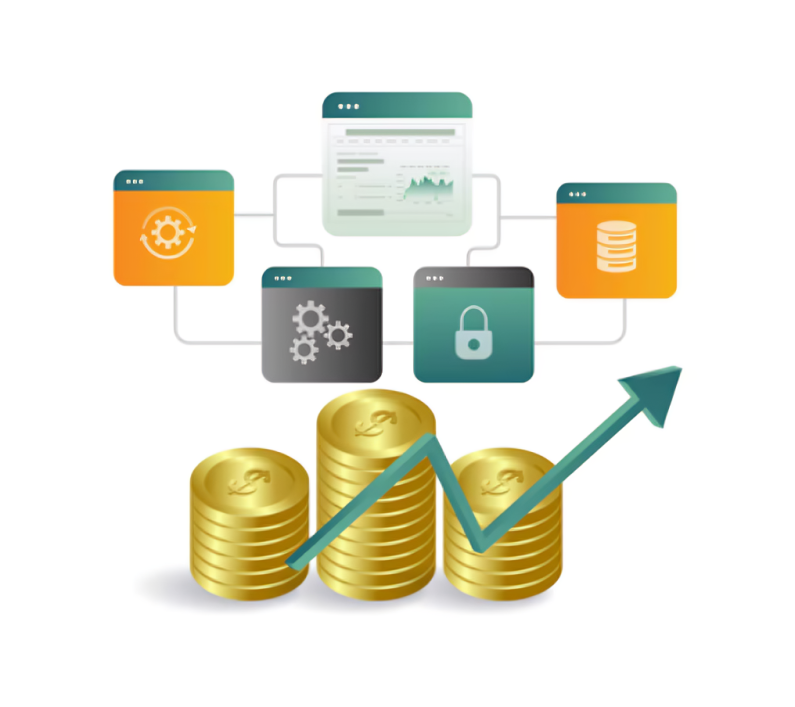






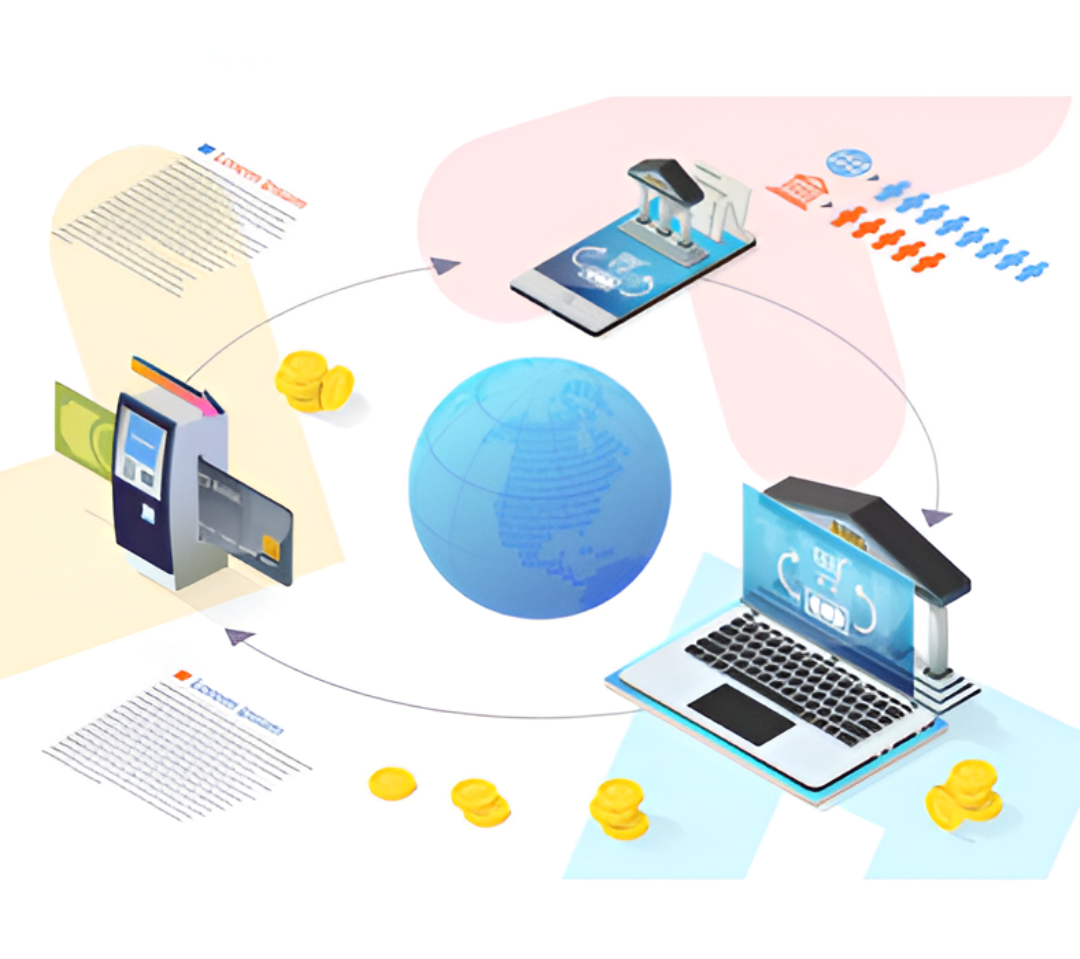









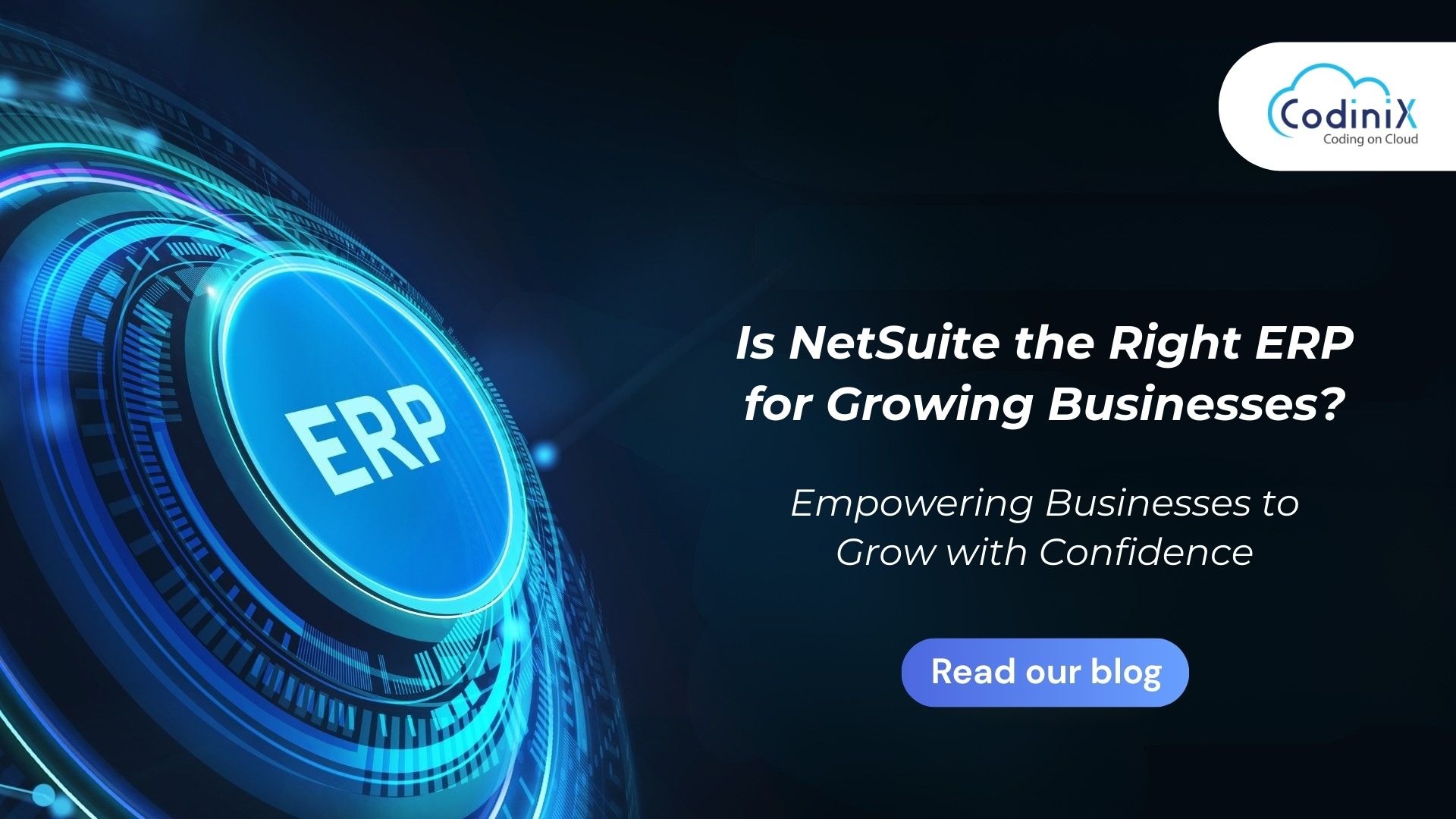
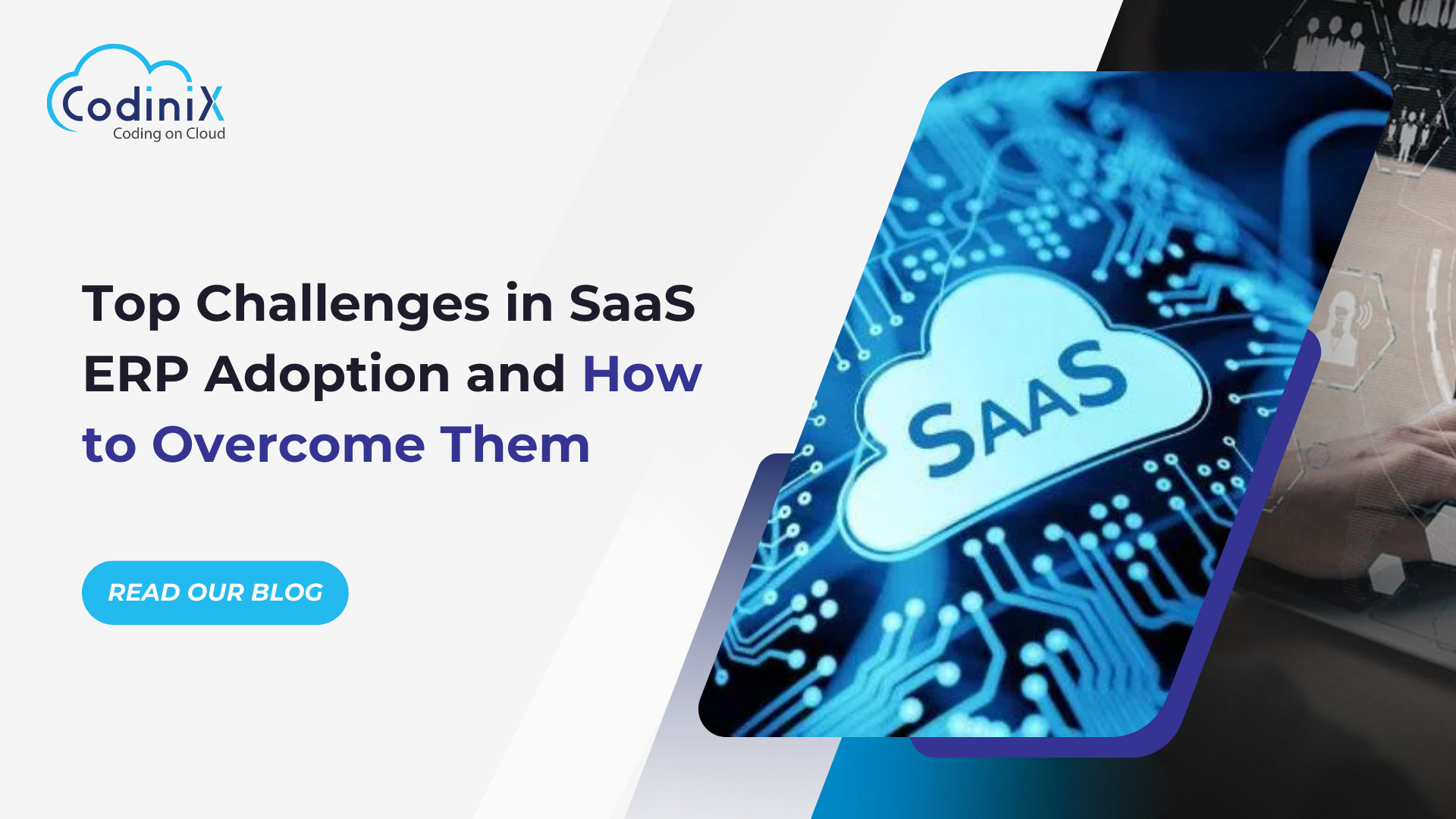

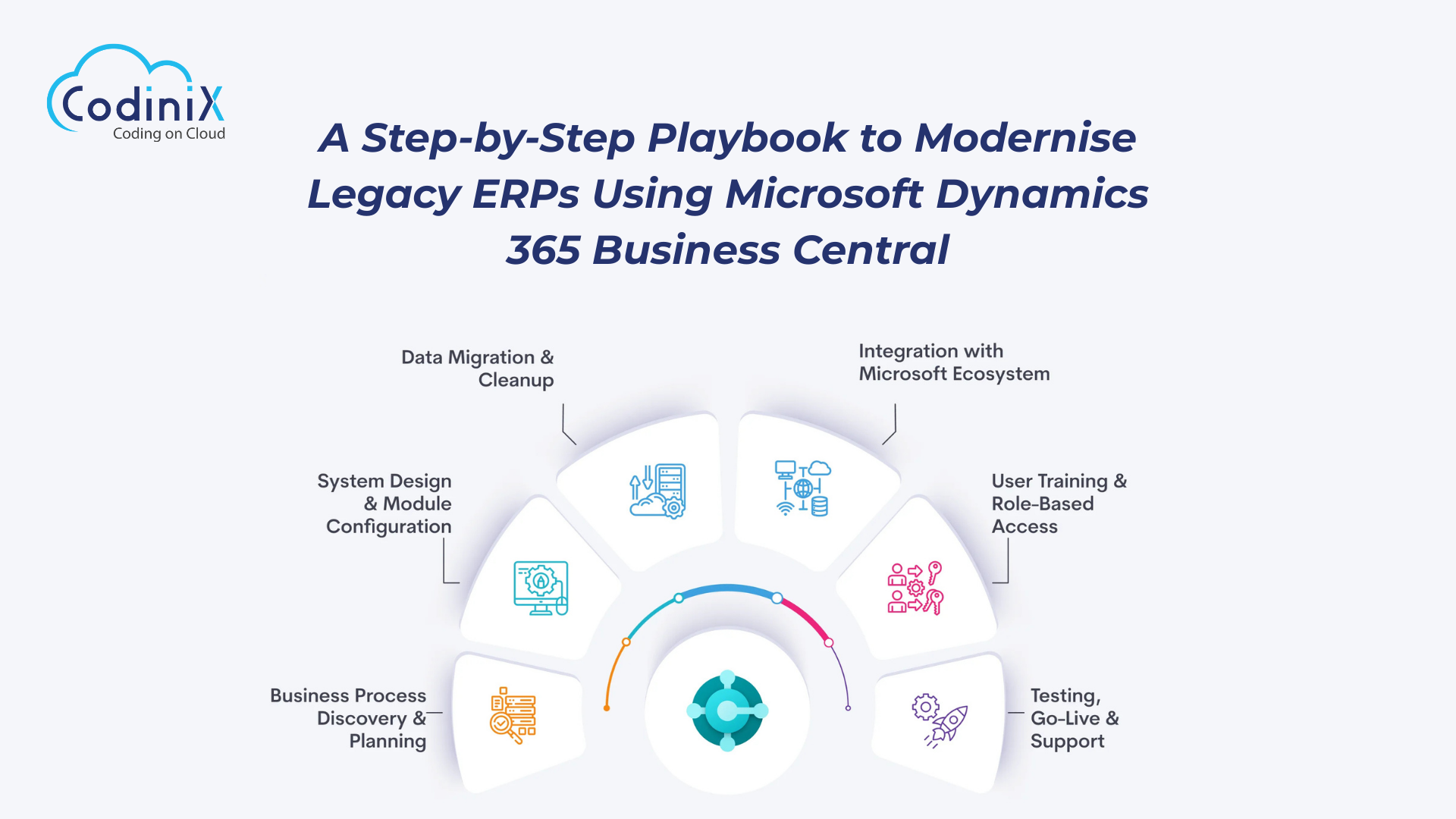
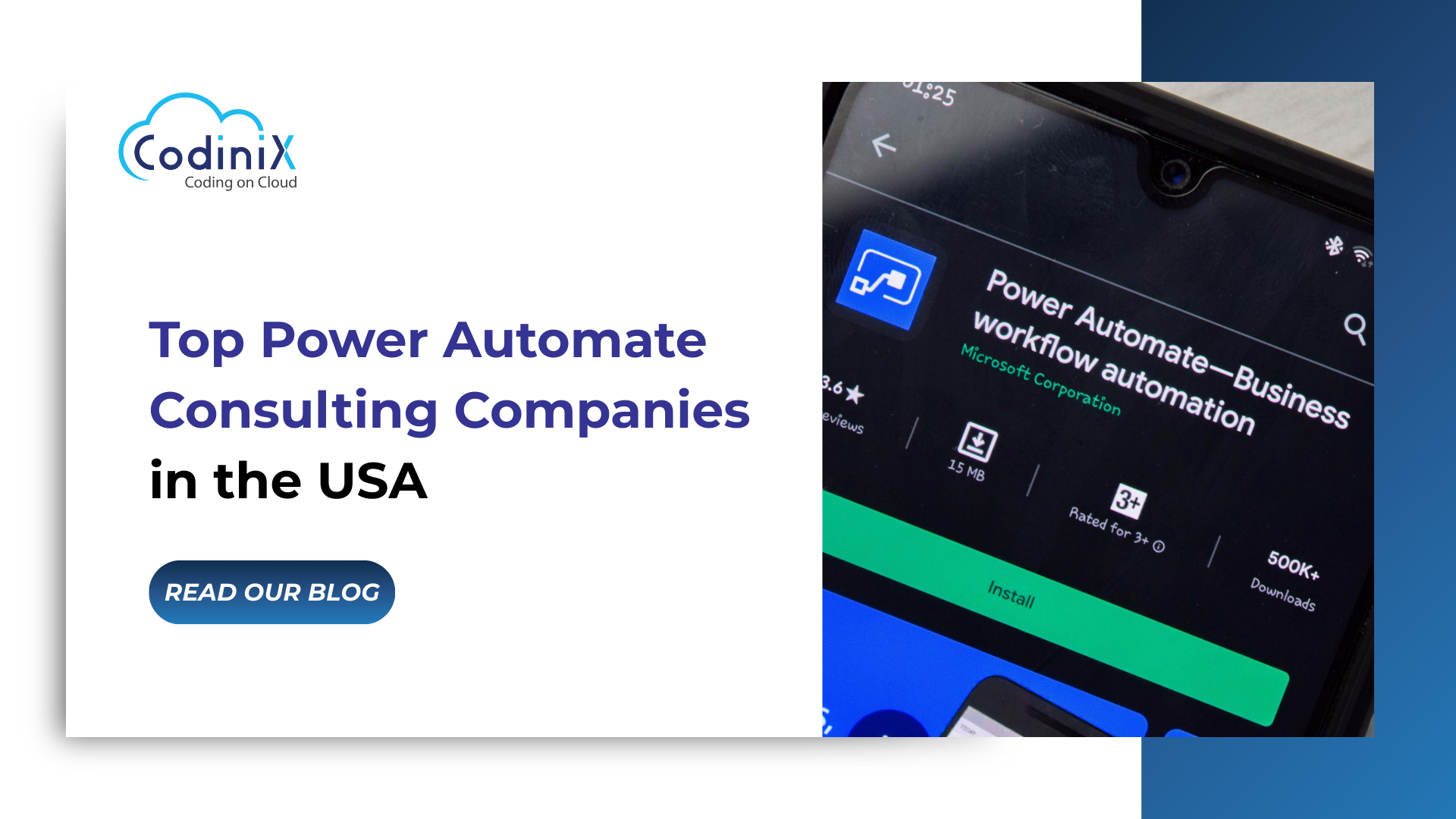
Leave Your Thoughts!!